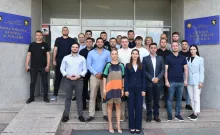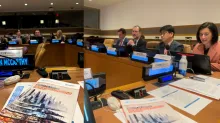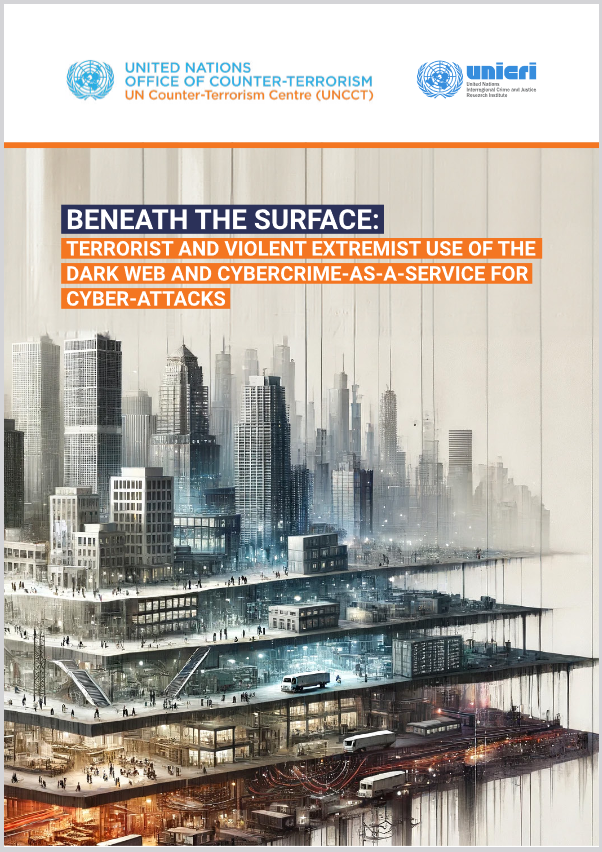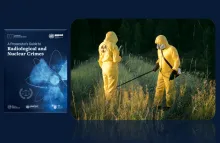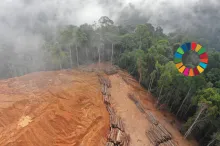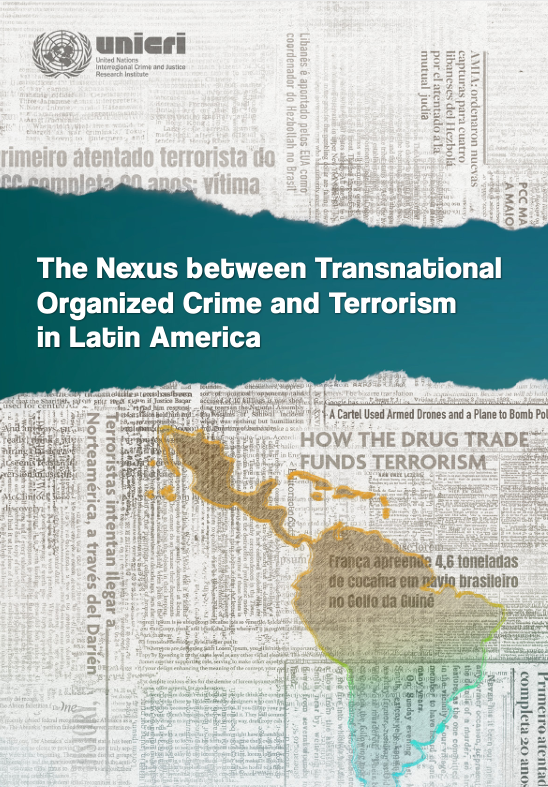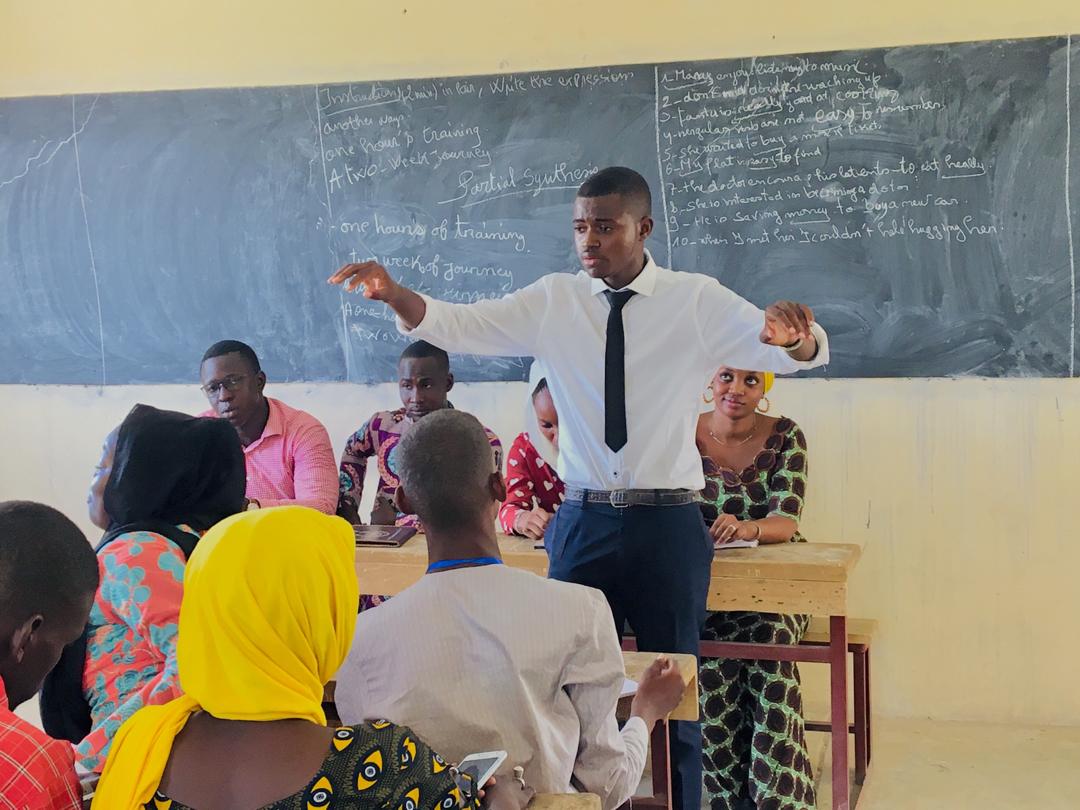New Webinar on the Prosecution of Radiological and Nuclear Crimes
On July 18, 2024, the International Association of Prosecutors (IAP) Global Training Academy, the European Union Chemical, Biological, Radiological and Nuclear (CBRN) Risk Mitigation Centres of Excellence Initiative (EU CBRN CoE), and the United Nations Interregional Crime and Justice Research Institute (UNICRI) will host a webinar on the prosecution of radiological and nuclear crimes.
Tags
UNICRI Joins Nature Crime Alliance Amid Growing Focus on Illegal Mining
Global Programme on Security of Major Sporting Events, and Promotion of Sport and Its Values as a Tool to Prevent Violent Extremism'

In the last decades, many terrorist attacks were perpetrated in public places against soft targets. Attacks occurring during sports events are particularly hideous as sports have historically played a significant role in the dissemination of positive values across civilizations and cultures, especially for young people.
Promoting Social Reintegration of Violent Extremist Offenders (VEOs)

Overview
The experience of UNICRI in supporting Member States to build effective rehabilitation programmes for violent extremists has highlighted the need to further enhance reintegration measures within and beyond custodial settings.
Pathways to Rehabilitation of Violent Extremist Offenders (VEOs)
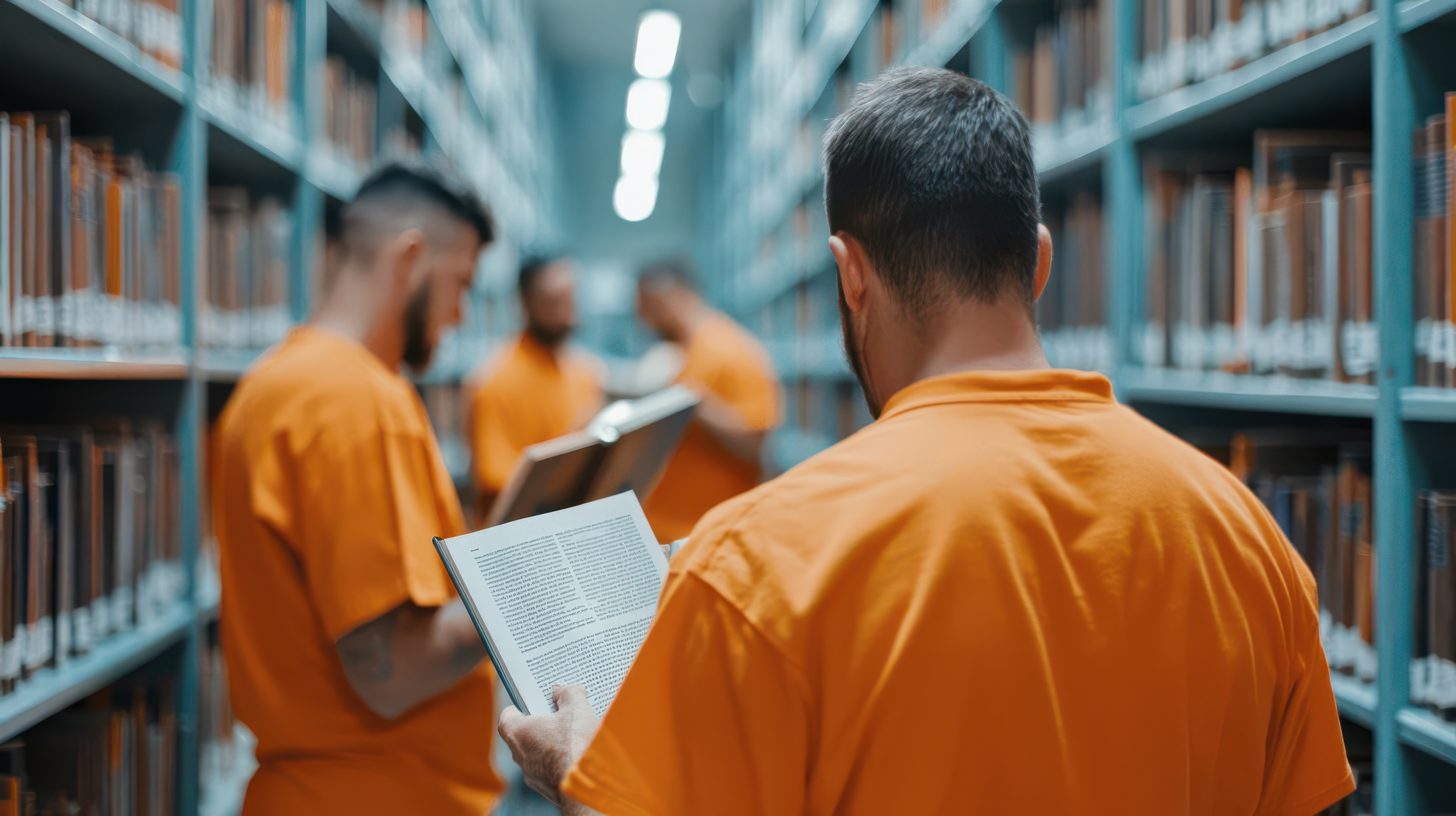
Results in Brief
Since 2012 UNICRI has been supporting Member States, upon request, in their efforts to build effective rehabilitation programmes for violent extremist offenders (VEOs) to ensure that prisons are not serving as hotbeds of radicalization.
Cooperation with Member States (Indonesia, Jordan, Kenya, Mali, Morocco, the Philippines and Thailand) has been established to develop different rehabilitation pathways according to the local context and needs.
